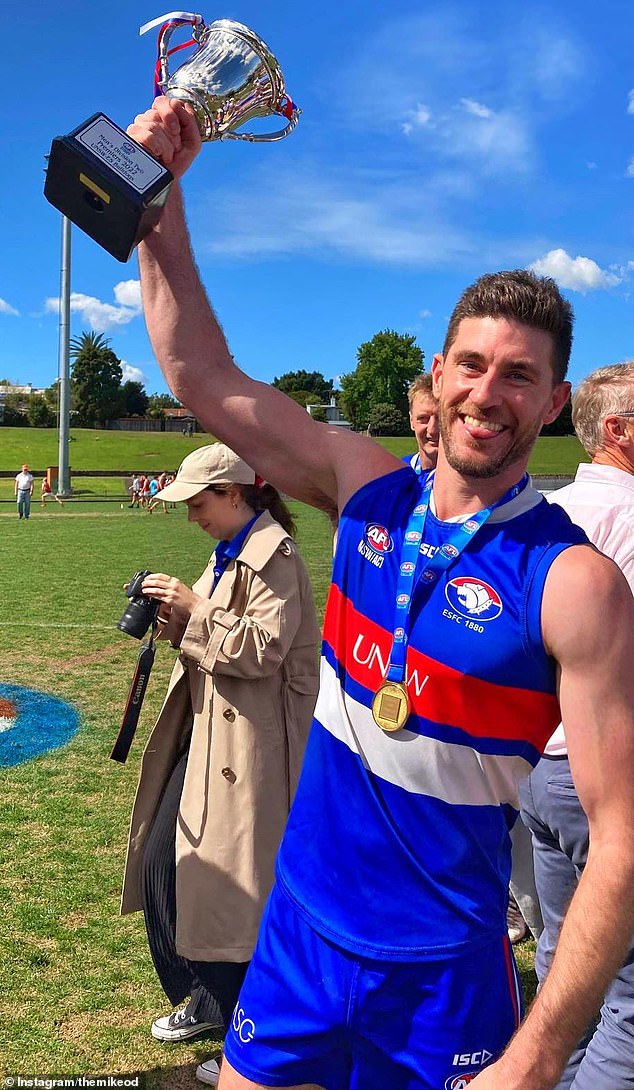Homophobia is still widespread in community sport in Australia, new research has revealed, and is the reason many gay athletes pursue other pursuits in life.
Research from Swinburne University of Technology, which looked at discrimination against LGBTIQA+ young people, found that three in four gay men witness homophobia and 63 per cent of gay men experience it first-hand.
“The young people we spoke to for this study highlighted their desire to be able to play sport and ‘just exist’ or be themselves, without their identities being questioned, debated and interrogated,” said researcher Dr Ryan Storr.
“This research clearly indicates that discrimination prevents LGBTIQA+ young people from playing sports and, when they do, they often have to endure ongoing discrimination.”
More than half of LGBTIQA+ young people have seen discrimination in the countryside and 40 per cent have experienced it first-hand. The researchers surveyed more than 1,000 people.
Homophobia remains widespread in community sport in Australia, new research has found, and is the reason why many gay athletes pursue other pursuits in life (pictured AFL player Michael O’Donnell based in Sydney)
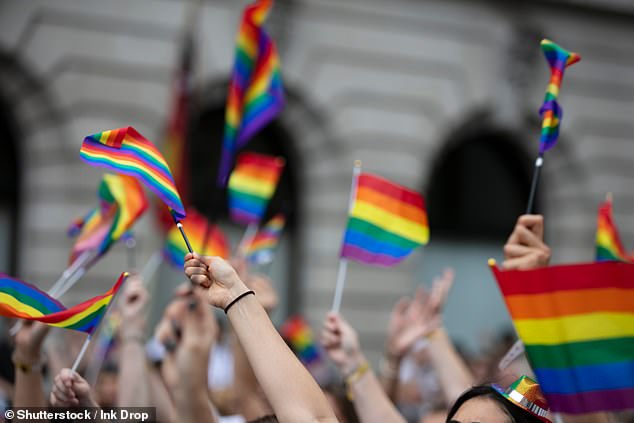
According to research from Swinburne University of Technology, three in four gay men witness homophobia in Australia and 63 per cent of gay men experience it first-hand.
Australian amateur footballer Michael O’Donnell says Australia is slowly moving towards eradicating homophobia and all forms of discrimination.
O’Donnell, 37, plays in the midfield line for division three team UNSW Eastern Suburbs.
The proud gay man also coaches the club’s second division women’s team.
O’Donnell was surprised that 53 per cent of LGBTIQA+ young people had seen discrimination in sports.
‘My memory of that kind of language, when I was younger, was prevalent. I thought it would be 100 percent.”
Many young people are missing out on the physical, mental and community benefits of sport because of discriminatory language, he added.
“People shouldn’t miss out on this because they’re same-sex attracted.”
O’Donnell spoke to ABC’s Four Corners program last year about the fact that the AFL is the only professional sporting code in the world that does not have a gay player, past or present.
Born and raised in Melbourne, O’Donnell stopped playing football due to homophobic language hurled on the field, by spectators and media figures in the professional ranks.
He didn’t come out then, but the discriminatory language left him harboring internal shame and homophobia.
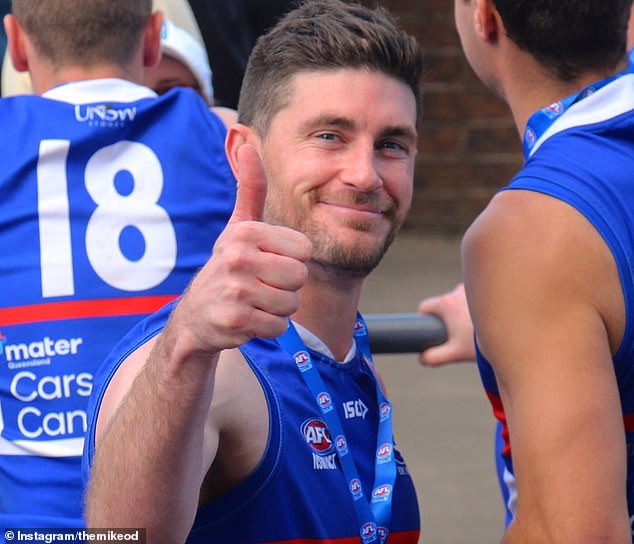
Michael O’Donnell was shocked that 53 per cent of LGBTIQA+ young people in Australia had seen discrimination in sport.
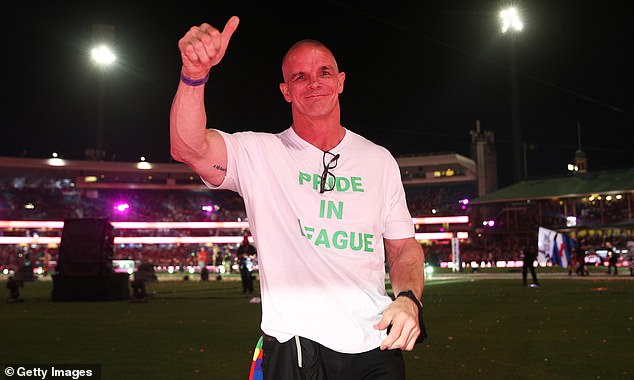
Ian Roberts came out as gay in 1995, becoming the first rugby league player in the world to do so at the time.
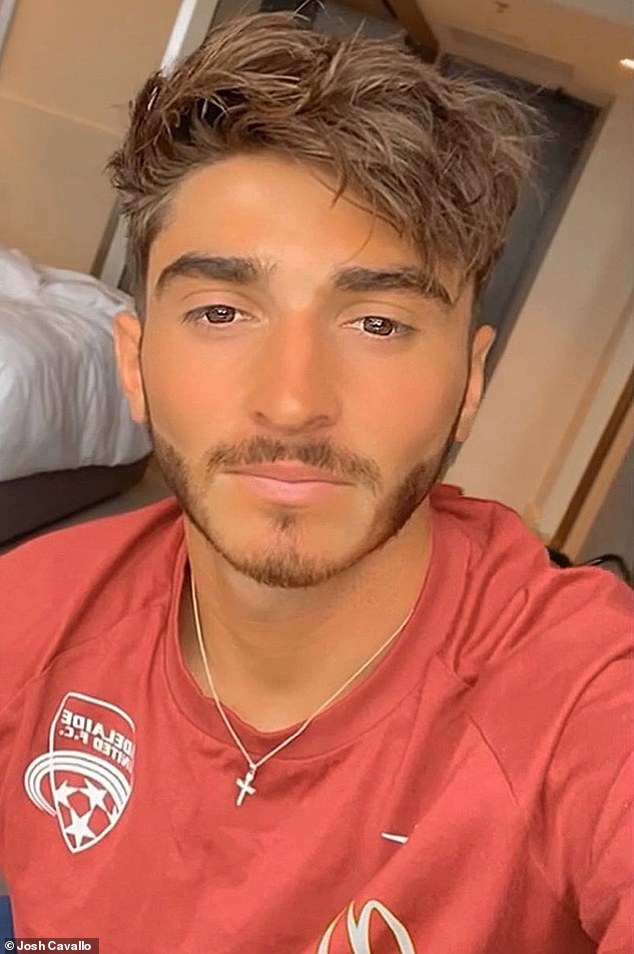
Adelaide United footballer Josh Cavallo came out as gay in October 2021 and had the full support of his teammates.
“At the community level, (homophobic language) shows up, but now it’s being reported and it has ramifications.”
There are ramifications in the elite ranks as well.
This year alone, two AFL players and the league’s current longest-serving coach, Alastair Clarkson, have been suspended for homophobic slurs, all in separate incidents.
O’Donnell said there was no increase in offensive language, but rather it was eventually reported and punished.
Interestingly, Swinburne’s research found that LGBTIQA+ young people living in metropolitan areas experienced more discrimination than their rural counterparts.
O’Donnell attributed it to understanding what kind of language crossed the line.
Generally speaking, he believes the Australian sporting public is willing to address discrimination based on sexual orientation and race; Those special edition Pride and Indigenous T-shirts always sold out, she said.
Research finds that LGBTIQA+ young people have strong opinions about Pride efforts in sport.
They reported on the challenge of rainbow washing by sports organizations; The negative impacts on their mental health of ongoing debates and discussions about the lives of LGBTIQA+ people through sport, including trans athletes and pride games, were also emphasised, the researchers say.
The data showed that targeted efforts and programs were urgently needed to ensure that sport and movement environments did not continue to cause harm and force LGBTIQA+ young people to drop out of school.


